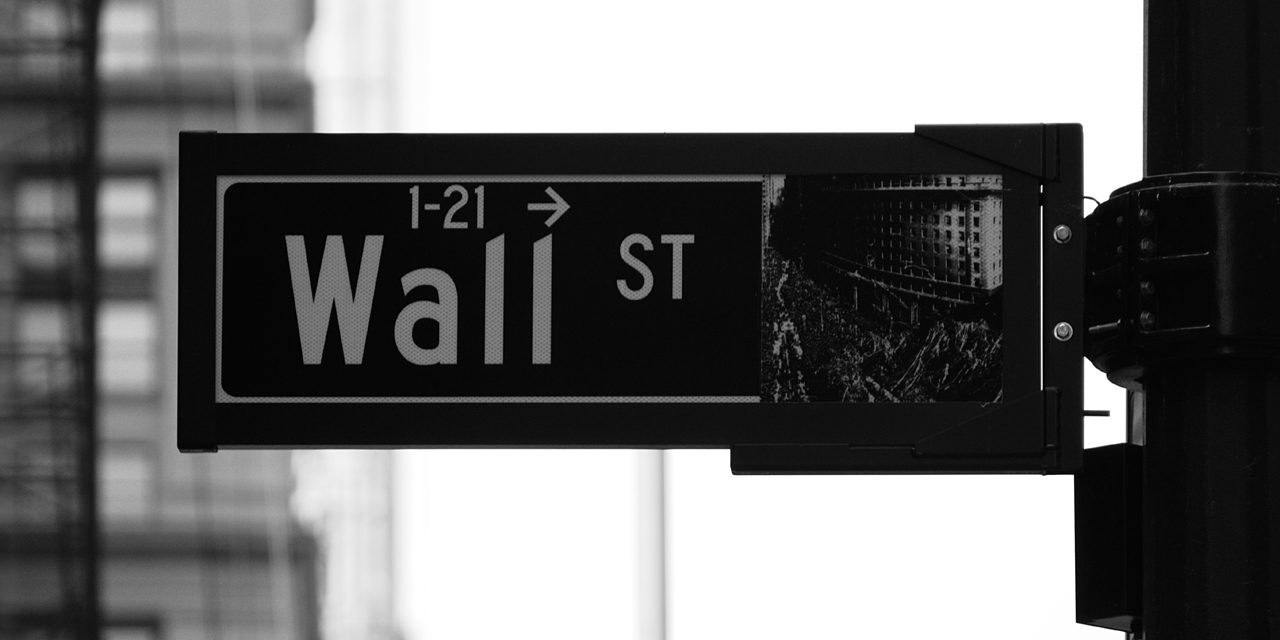Four U.S. Senators: Dianne Feinstein, D-Calif., Kelly Loeffler, R-Ga., James Inhofe, R-Okla. and Sen. Richard Burr, R-N.C. have been accused by several media outlets of using their access to confidential information about the coronavirus pandemic to sell off stocks worth millions of dollars, collectively. Only a few weeks later those stocks dropped significantly in price along with the rest of the stock market. The action saved the four senators hundreds of thousands of dollars in lost value.
Burr was among the first names to be mentioned in the media, along with the salacious accusations. Tucker Carlson, a Fox News host, even called on Sen. Burr to either provide an explanation or resign. Alexandria Ocasio-Cortez also called for Burr’s resignation, and later called for Senator Loeffler’s as well.
All four eventually provided responses to the accusations, but questions remain.
If all the accusations are true, the senators may have violated a federal law called the Stock Act, passed in 2012 to prevent members of Congress from engaging in “insider trading” based on what they learn in their official roles.
So, is there any validity to the accusations against the four? It may be too soon to tell.
One columnist at Redstate, a well-known conservative blogging site, thinks the media may be missing key facts. Feinstein, for example, has placed all of her investments in what’s called a “blind trust” managed by people she has no control over and only finds out about trades after the fact. On the other hand, the trades in question were actually done by her husband for his own portfolio, and she says she does not consult with him on his investments. That all needs to be verified.
Senator Loeffler, the Senate’s newest member, is married to Jeffrey Sprecher, the president of the New York Stock Exchange. That may sound fishy given the nature of this story, but the couple is so wealthy (around $500 million) that they leave the management of their portfolio to professionals. They may have saved $700,000 by selling the stock they did, but it’s only .14 of 1 percent of their entire portfolio, according to Redstate. That’s less than a drop in the bucket to them and not worth risking prosecution for.
Redstate also points out that by late January into February, millions of investors were already selling off parts of their portfolios because of uncertainties created by the coronavirus. The major declines did occur after these trades, but what does that prove?
Senator Burr is accused of dumping somewhere between $628,000 and $1.7 million in stocks while advising wealthy donors in a private meeting that the coronavirus was much more aggressive than anyone thought at the time. The implication was that Burr wanted to save himself and his rich buddies while leading the rest of us to believe that the federal government had everything under control.
Burr, however, says that the reports are grossly inaccurate. The allegedly private, fat-cat donor group meeting on February 27 was a public state society meeting in D.C. open to anyone from his home state. He says he voiced the same concerns to those in attendance as were being openly aired by government officials and doctors and scientists at the time.
Senator Inhofe is accused of selling off stocks worth $400,000 on January 27 based on insider knowledge of the coronavirus. In response, Inhofe says all of his investments are currently in mutual funds, managed by a professional who makes trades without consulting the senator.
Politicians commonly place their assets in blind trusts while in office just to prevent these types of accusations. It sounds like these four senators all followed that pattern in one shape or another, which would mean that dates of sales coincidentally fell on dates on which Congress received briefings on the coronavirus.
However, when it comes to politics, we are typically inclined to believe that there are no such things as coincidences. Our trust in politicians has always been low, and these reports fit the narrative that they are untrustworthy. Time will tell, but we should always default to a “wait and see” position. Remember, these stories came from the mainstream media, and they’re not particularly trustworthy (or even accurate) either.






